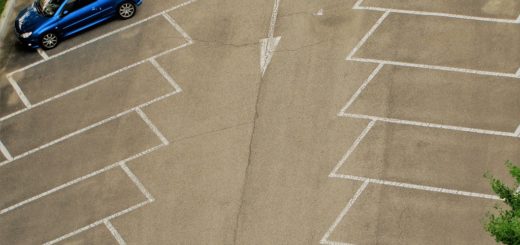Reflections on Election Day in Canada
Today, Canadians vote for a new federal government. Among the six major federal parties in this multi-party democracy, four are hardcore Marxist progressive factions (including the one that has Quebec’s separation from Canada as the heart of its platform and the only reason for its existence), one is a milquetoast “progressive conservative” party (yes, that really was this party’s old name, before they decided to lie about their identity by removing the “Progressive” from their lawn signs), and one claims to be a “grassroots conservative” party broken off from the right edge of the progressive conservatives — which, in practice, probably makes them a Trumpian populist party, with the admitted advantage that few Canadians ever sound quite as enthusiastically illiterate and boastfully uninformed as Donald Trump. Therefore I, a Canadian citizen, did not bother to vote, because there was nothing there to attract my interest.
But this lack of reasonable and persuasive electoral alternatives is only the surface eddy of a very deep sea of troubles in the land of kindness and multiculturalism, which leads me to the following reflections.
Can a country so thoroughly entrenched in the social and psychological habits of nanny state dependency, Marxist thought policing, and normalized narcotics ever extricate itself from the bottomless pit into which it is careering, by means of a mere popular vote? Would not such a radical realignment of a nation’s wheels require an electorate already liberated from the collectivist-materialist egalitarian presuppositions of socialism? How could this spiritual liberation occur within the progressively constricting conditions of such an environment?
Individuals, of course, will always remain or break free, usually as a byproduct of involuntary social exclusion or marginalization. A mass overcoming, on the other hand, seems to demand a prior divestment, whether gradual or sudden, from the constructs that bind populations to their immediate, inherited “comfort,” meaning the prison of home and hearth — what used to be called the fatherland, but in Canada’s case is more like the nursery, with its soothers, blankies and mild cookies. Canada long ago (about 1962) categorically rejected everything hard and painful — including and especially the spiritual rewards of hardness and pain — in favor of the soft and pleasant. Hence the vaunted and self-promoted “kindness” of Canadians, which is merely lassitude on a national tragedy scale.
No democratic election is likely to correct this. Democratic elections are specifically calibrated not to correct such things. On the contrary, elections can only exacerbate them. But what, then, could correct it? Three possibilities are immediately apparent: catastrophic war, catastrophic economic collapse, and educational revolution on a mass scale, beginning with the widespread rejection of government schooling. The third of these, my preferred option, will not happen.


